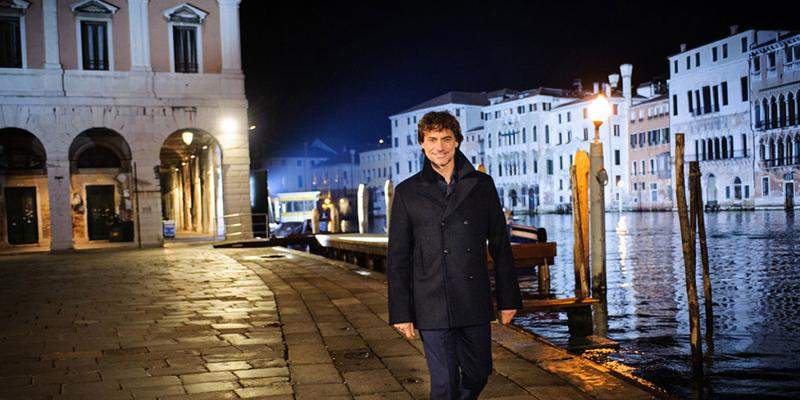A single article to amend Law 112 of 2013 (“Urgent provisions for the protection, enhancement, and revitalization of cultural heritage and activities”), but that could be enough to bring science popularization on Rai under control. In other words: if approved, bill number 395 presented by Luigi Gallo (M5S) could put products and documentaries such as those of Alberto Angela under the scrutiny of a commission, headed by the Ministry of Economic Development ( Luigi Di Maio’s). This is one of the measures contained in the proposal to amend Law 112 on “open access to scientific information.” It is actually a proposal that is already dated (Luigi Gallo presented it in the past legislature, and in the current one he presented it again in June), and it is back to cause discussion since in the last few hours Pd Senator Simona Malpezzi has kicked off a controversy precisely on the subject.
The proposal, which in theory aims to bring Italy in line with European recommendations onopen access, free access to research data and scientific information, is currently under consideration in the House. The first measure is a correction to Article 4 of Law 112 to broaden the possibilities of free access to scientific information (for example, on open access the constraint of two issues per year of the scientific journal that publishes the result of research that is at least 50 percent publicly funded is abolished). The measure that is causing discussion reads, “The Minister of Economic Development, within ninety days from the date of entry into force of this provision, shall establish a Commission for the dissemination of scientific information, in order to select the best forms of dissemination of the latest cultural and scientific information for the benefit of the community, to be broadcast through the public broadcasting channel. Broadcasting related to cultural and scientific information must be provided for within the national service contract entered into with the company RAI Radiotelevisione italiana Spa pursuant to the Consolidated Text of audiovisual and radio media services, referred to in Legislative Decree No. 177 of July 31, 2005.”
For Simona Malpezzi, the commission is a “regime test” that “will decide what to broadcast through the channels of the sovereignist Rai” (so on her Facebook page). The senator then reiterated: “who decides which research is more important than another and that this should be disseminated and the other not? Who has the authority to decide what should be disclosed by RAI and what should not? Luigi Di Maio decides that. This commission resembles the fascist Minculpop.” Luigi Gallo, however, wanted to defend his own proposal. In a video also circulated on his Facebook page, he branded as fake news the interpretations of those who see an attempt to control culture in the establishment of a commission to screen scientific disclosure: “we believe that today our public service, RAI, can do even more than what it already does, we have wonderful examples like Piero Angela, Alberto Angela, Tozzi, but we believe that you can [sic] do more, they can increase the spaces in public television to do public popularization for citizens, which is an important commitment for a self-respecting public television, and they can also increase the ways updated with new technologies. This is the reason for a commission at the Ministry of Economic Development that can promote this kind of launching of scientific information also using every space that technology makes available to us today and information makes available to us. Everything else is propaganda and is fake news from the PD.”
 |
| Alberto Angela under control? Cricketers want a commission to select science popularization |
Warning: the translation into English of the original Italian article was created using automatic tools. We undertake to review all articles, but we do not guarantee the total absence of inaccuracies in the translation due to the program. You can find the original by clicking on the ITA button. If you find any mistake,please contact us.